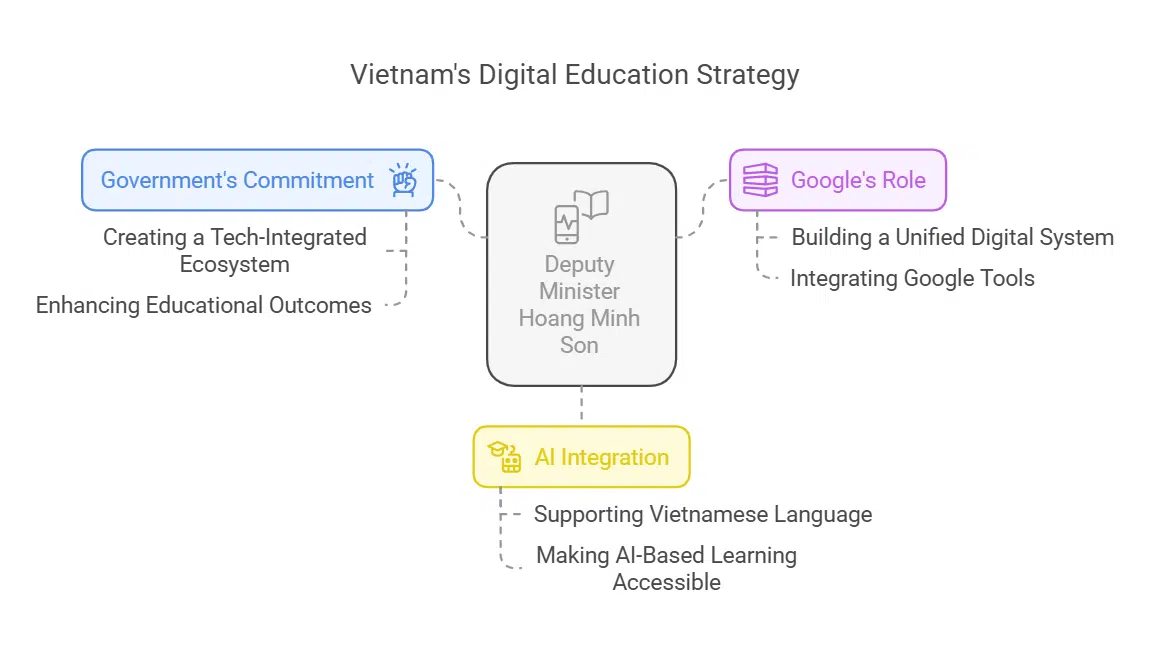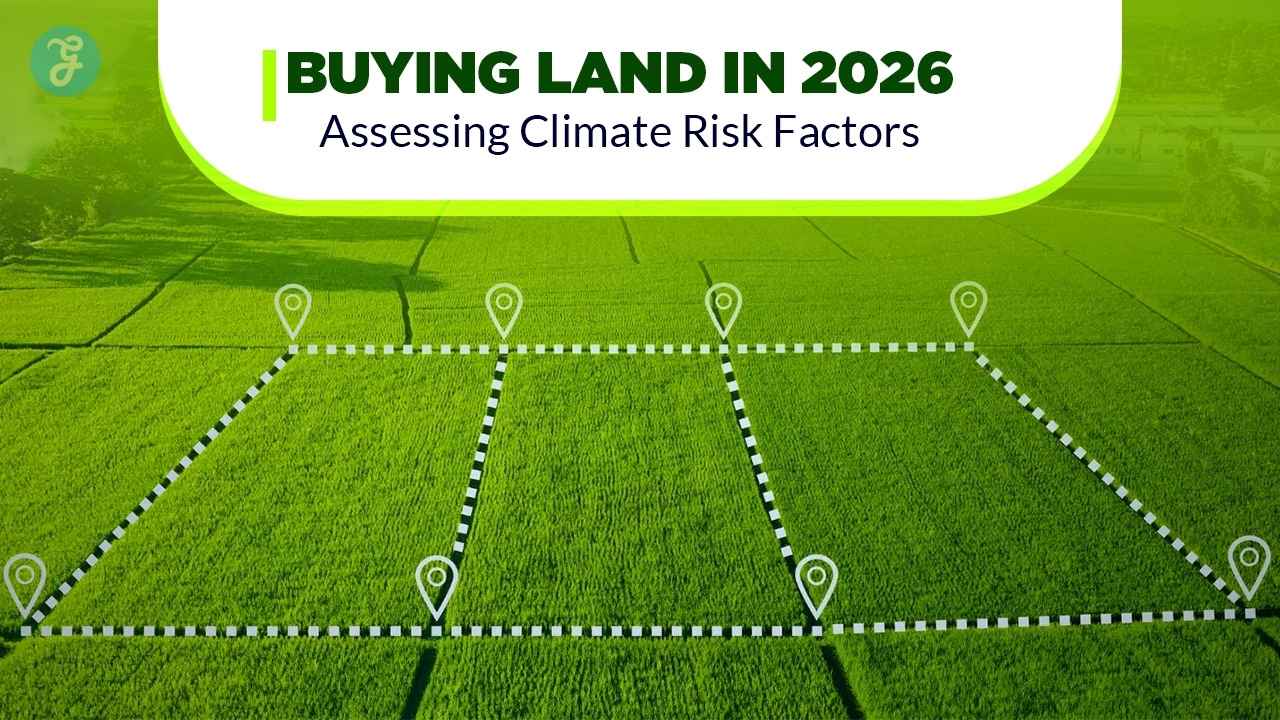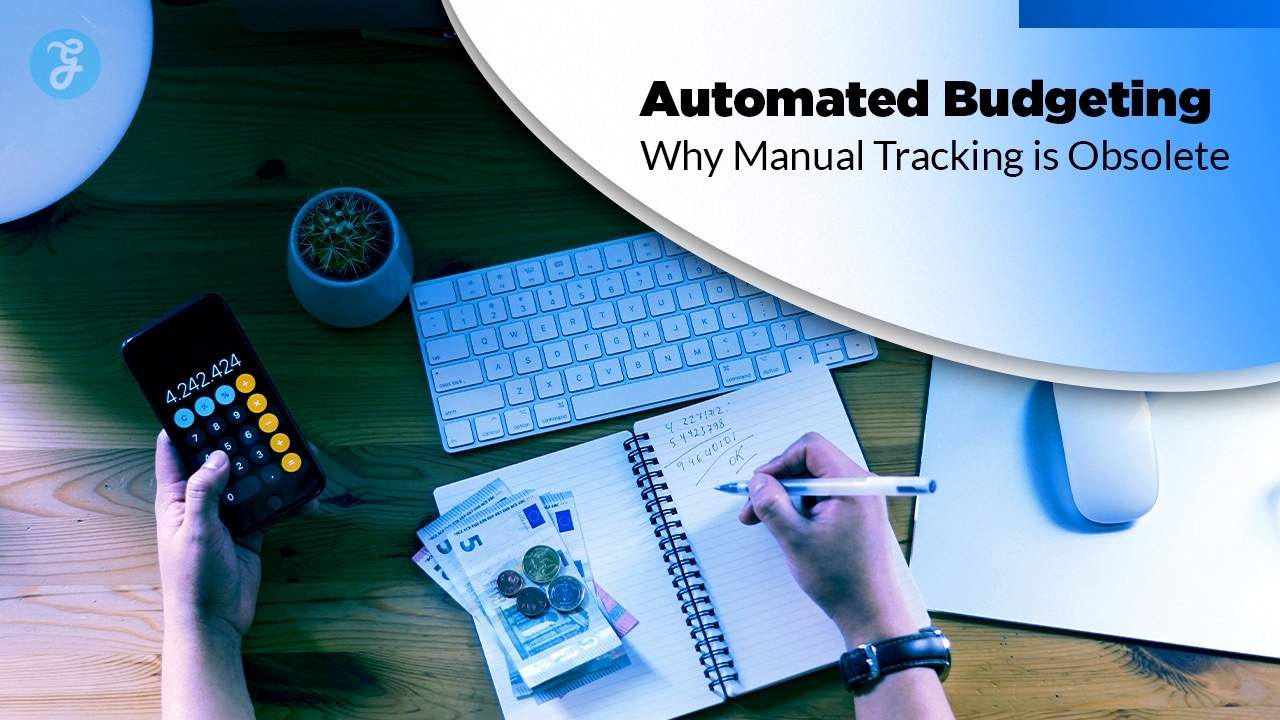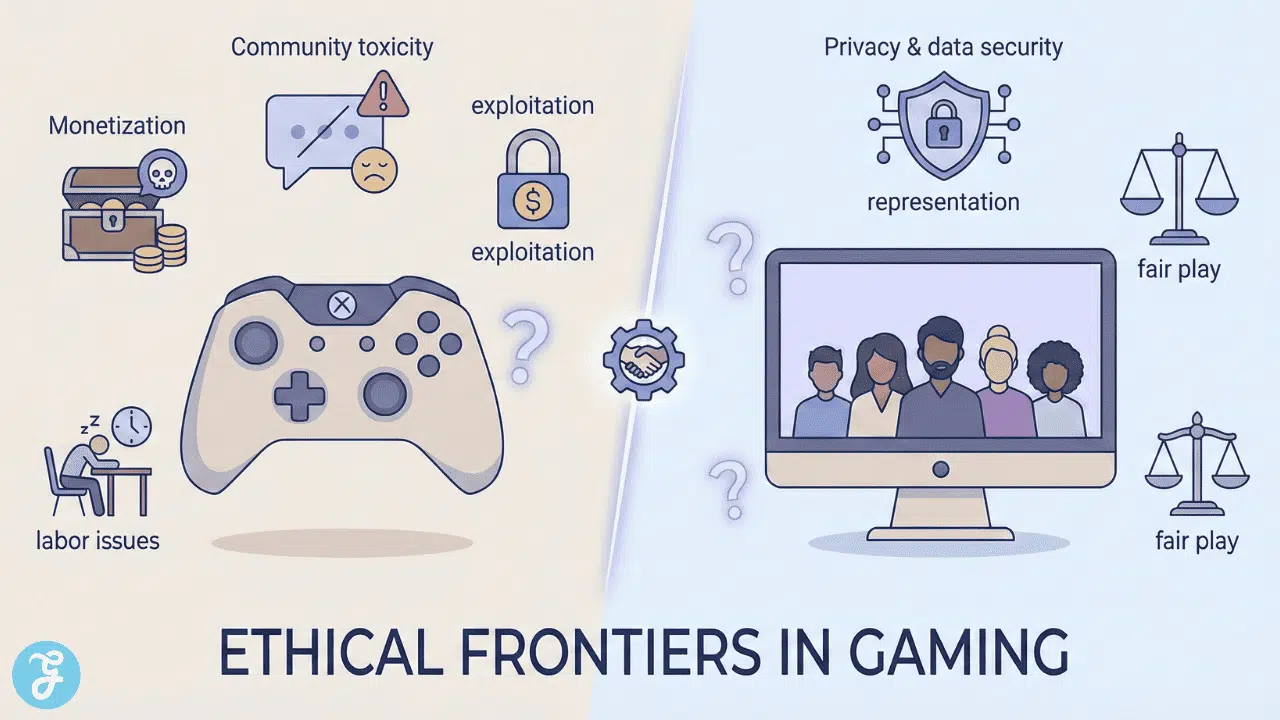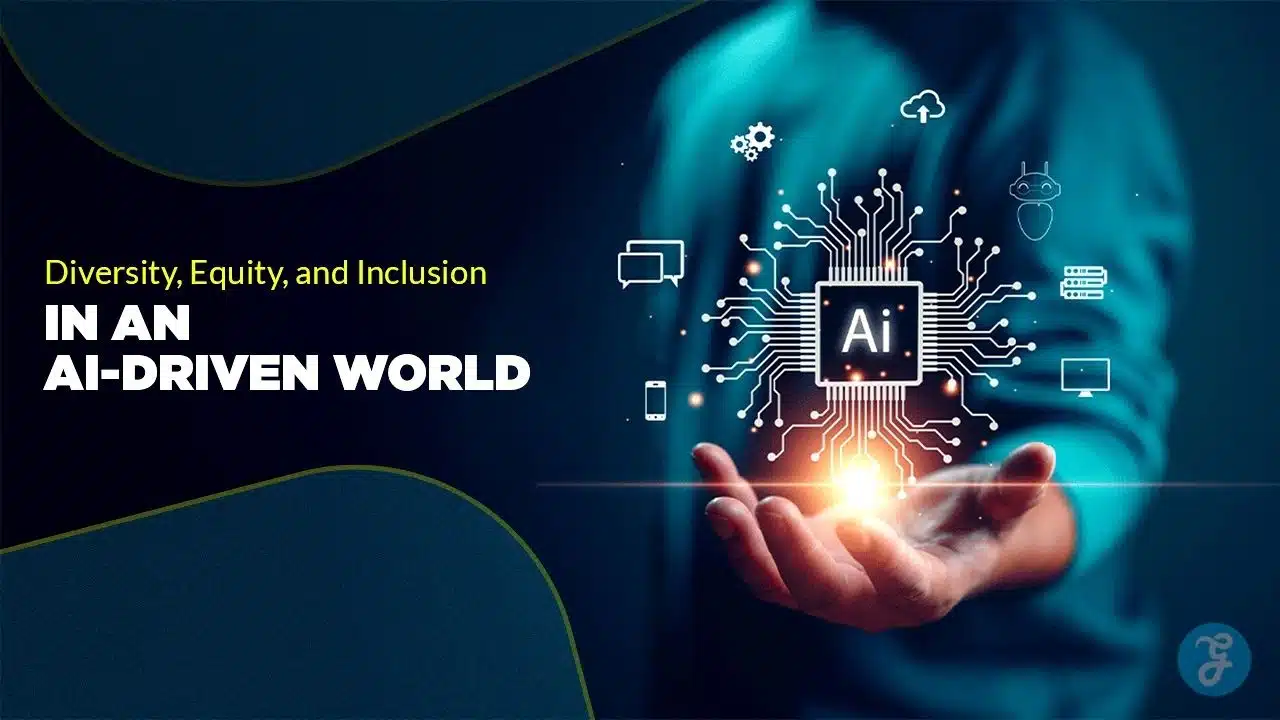In a major step towards digital transformation in education, Google has announced that it will provide free access to its powerful AI-supported educational tools—Google Workspace, Google Space, and Google Classroom—to all students and teachers in Vietnam. This initiative aims to introduce young learners to AI at an early stage while enhancing the teaching experience for educators across the country.
The announcement came during an online meeting between Vietnam’s Deputy Minister of Education and Training, Hoang Minh Son, and Marc Woo, Managing Director of Google Vietnam. The two officials discussed the deployment of AI-driven learning solutions and how Google’s advanced educational technologies can be integrated into Vietnam’s education system.
Integrating AI Into Vietnamese Classrooms
Google’s initiative is part of a broader effort to introduce artificial intelligence (AI) into classrooms, helping students develop digital skills that are becoming increasingly essential in today’s world. The suite of tools included in this initiative—Google Workspace, Google Space, and Google Classroom—will offer students and teachers a seamless digital environment for communication, collaboration, and enhanced learning.
Google Workspace for Education
Google Workspace for Education includes various cloud-based tools such as Gmail, Google Drive, Google Docs, Google Sheets, Google Slides, Google Meet, and Google Forms. These tools allow for real-time collaboration, enabling students and teachers to work together on assignments and projects from any location. The platform also includes AI-powered features that improve accessibility, such as speech-to-text, automatic captioning, and real-time translation tools.
Google Classroom
Google Classroom is an AI-supported learning management system that enables teachers to create assignments, provide feedback, and track student progress efficiently. The platform integrates with other Google services, making it easier for educators to manage digital classrooms and improve student engagement. By offering Google Classroom for free, Vietnam’s education sector can move towards a more interactive, technology-driven approach to learning.
Google Space
Google Space is designed for enhanced collaboration, allowing students and teachers to share resources, organize discussions, and conduct group work in a digital workspace. The tool will facilitate teamwork and knowledge-sharing among students, fostering a more dynamic learning environment.
Marc Woo highlighted Google’s efforts to improve Vietnamese language capabilities in AI and how the company has successfully piloted AI-driven applications in both general and higher education settings in other countries. Vietnam, with its large and rapidly growing student population, aligns well with Google’s global education strategy.
Vietnam’s Commitment to Digital Learning
Vietnam’s Deputy Minister of Education and Training, Hoang Minh Son, reaffirmed the country’s strong commitment to IT development and digital transformation in education. He emphasized that the government is dedicated to creating a robust, tech-integrated learning ecosystem that leverages AI and modern digital tools to enhance educational outcomes.
Deputy Minister Son suggested that Google build a structured and unified digital education system where the Ministry of Education and Training would play a key role in coordinating, monitoring, and assessing its implementation. He proposed integrating Google’s tools with existing Vietnamese educational platforms, linking them to local curricula, textbooks, and data platforms. This would ensure that students and teachers receive high-quality educational resources tailored to Vietnam’s specific needs.
He further emphasized that these tools should support the development of the Vietnamese language in AI applications, ensuring that students can engage with AI-driven education in their native language. The Ministry aims to collaborate closely with Google to make AI-based learning more accessible, efficient, and relevant for Vietnamese students and educators.
Creating an Interactive Learning Community
Another crucial aspect of this initiative is the creation of online educational communities within these platforms. These communities will serve as forums where educators and students can share experiences, knowledge, and best practices. By fostering collaboration, these digital communities will promote peer learning and continuous improvement.
Google plans to incorporate feedback mechanisms into its educational tools, ensuring that students and teachers can provide input on their experiences. This continuous feedback loop will enable Google to refine and improve its AI-powered education solutions, ensuring that they remain aligned with the needs of Vietnamese learners.
AI’s Role in Modern Education and Future Prospects
The integration of AI into education is a growing global trend, with countries around the world adopting AI-driven solutions to enhance learning and teaching. AI can help automate routine tasks, provide personalized learning experiences, and analyze student performance to identify areas where additional support is needed.
By implementing AI-powered tools in classrooms, Vietnam is positioning itself at the forefront of digital education in Southeast Asia. The move aligns with the country’s broader goal of digital transformation in education, which aims to equip students with 21st-century skills, preparing them for the future job market.
During their meeting, representatives from both Google and Vietnam’s Ministry of Education and Training explored best practices from other countries where AI-supported educational tools have been successfully deployed. The discussion focused on strategies for implementing these tools effectively, defining roles and responsibilities, and ensuring a smooth rollout across Vietnamese schools and universities.
Challenges and Considerations
While Google’s initiative is a major step forward, several challenges remain. One key challenge is ensuring that all students, particularly those in rural and underprivileged areas, have access to the necessary digital infrastructure, including internet connectivity and devices. The Vietnamese government will need to work with private and public partners to bridge this digital divide.
Another consideration is data privacy and security. As AI-powered education tools collect and analyze large amounts of data, it is crucial to establish strong regulations and safeguards to protect student and teacher information. Google will need to work closely with the Vietnamese authorities to ensure compliance with local data protection laws and best practices in cybersecurity.
A Step Towards a Tech-Driven Future
The collaboration between Google and Vietnam’s Ministry of Education and Training marks a significant step towards a more technology-driven education system in the country. By providing free access to AI-powered tools, Google is helping Vietnam modernize its educational infrastructure, making learning more interactive, engaging, and accessible to students and teachers nationwide.
With continued cooperation between Google and the Vietnamese government, this initiative has the potential to reshape education in Vietnam, equipping the next generation with the skills they need to thrive in an AI-driven world. The focus on integrating AI with Vietnamese-language education will also contribute to the growth of AI applications in the local language, ensuring that Vietnam remains competitive in the global digital landscape.
As this initiative progresses, it will be essential to track its impact, refine its implementation, and address any challenges that arise. With strong leadership from the Ministry of Education and Training and support from Google’s advanced technology, Vietnam is on the path to becoming a regional leader in AI-driven education.



